Your garden is in full swing, bursting with life and color. But along with the joy of summer gardening comes a unique set of challenge. We're here to guide you through the seven biggest summer gardening challenges.
1. Inconsistent Watering
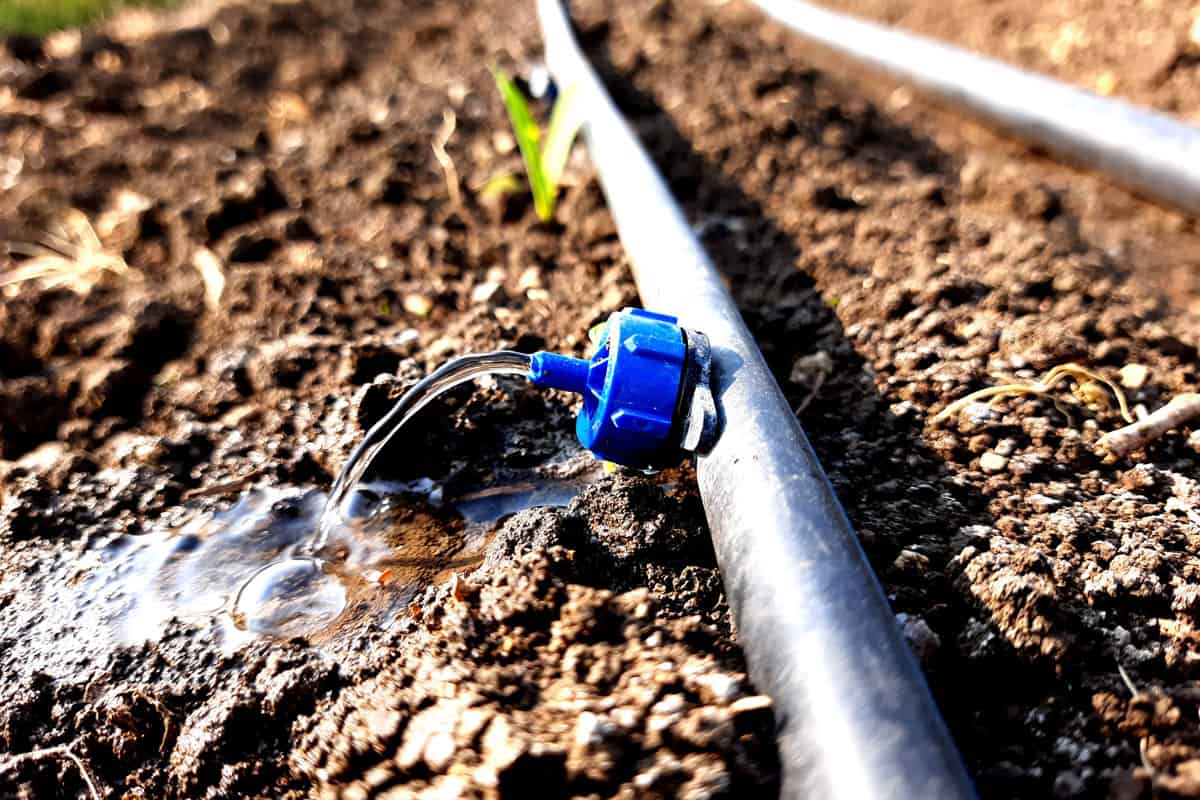
During the summer, the biggest challenge most gardeners face is maintaining consistent soil moisture. Over-watering can lead to root rot and under-watering can cause wilting and stunted growth.
Solution
Invest in a self-watering system or drip irrigation. These systems deliver water directly to the root zone of your plants.
Use mulch around your plants to help retain moisture and water early in the morning or late in the evening to minimize evaporation.
Read more about using mulch in your garden: How To Garden With Mulch
2. Extreme Heat

High temperatures can stress plants to the point of wilting, inhibit photosynthesis, and cause dehydration.
They can also trigger a stress response, forcing plants into survival mode, which inhibits growth and can damage fruits and flowers.
Solution
Use shade cloths or plant structures to protect sensitive plants during the hottest part of the day. Shade cloths can be easily installed and can block out a percentage of sunlight, reducing heat stress.
Ensure that your plants are getting adequate water.
3. Pests and Disease
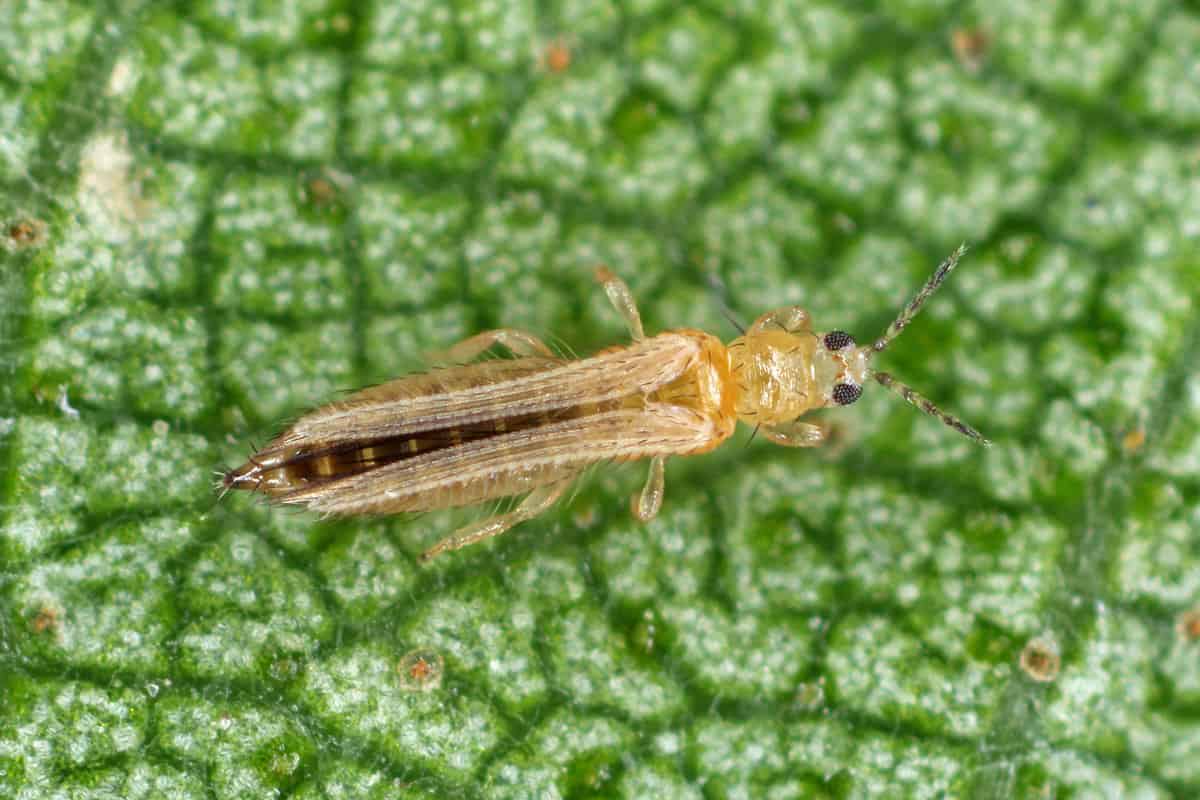
Warm weather often brings an influx of pests and diseases that can devastate your plants.
Bugs such as aphids, spider mites, and whiteflies, among others, often multiply faster in summer.
Warm and wet conditions can also be conducive to fungal diseases like powdery mildew or blight, which can quickly spread and devastate plants.
Solution
Monitor your garden closely for signs of infestation. Catching an infestation early can make it much more manageable.
Use natural or organic pesticides and encourage beneficial insects and birds which can help control the pest population.
Read more about pest control here: Pesticides Vs. Insecticide
4. Poor Pollination
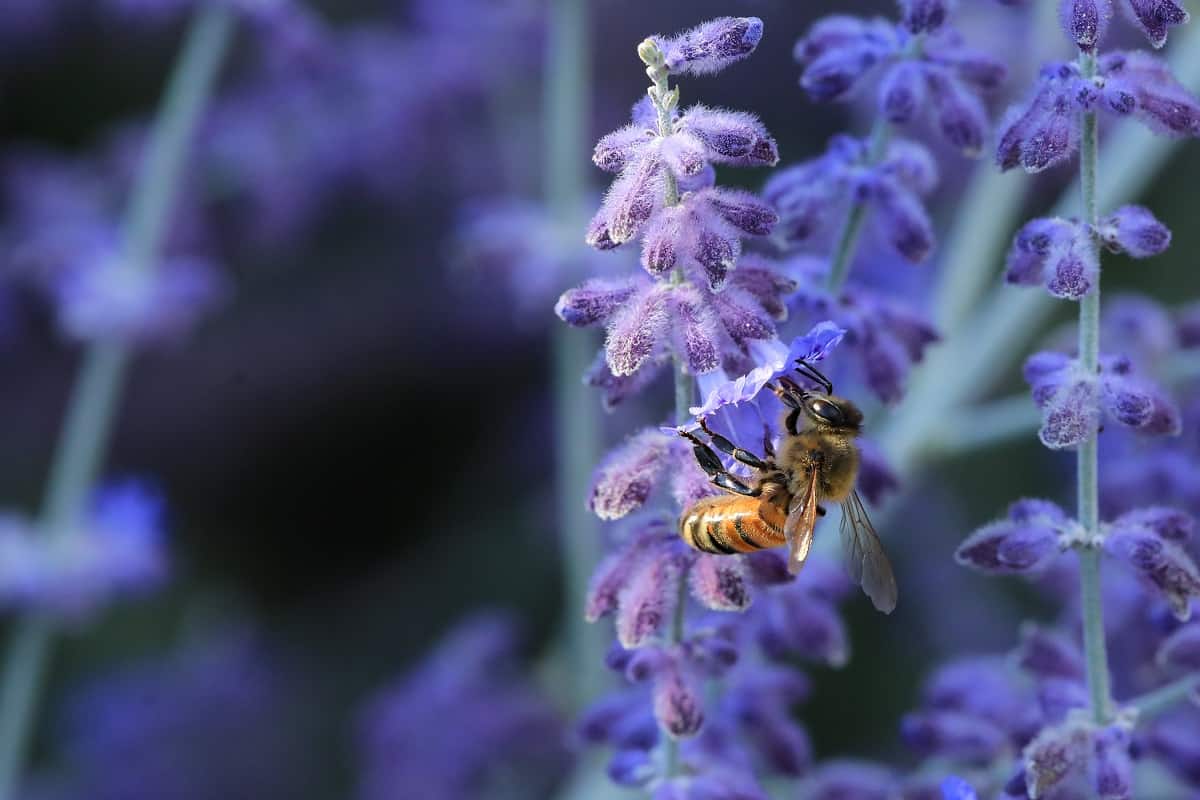
High summer temperatures can negatively impact the pollination process, especially for certain plants like tomatoes, cucumbers, and squash.
Heat stress can cause the pollen to become less viable, leading to a reduction in fruit set and overall yield.
Solution
Encourage bees and other pollinators in your garden by planting a variety of flowering plants. Different pollinators are attracted to different types of flowers, so a wide selection can help ensure a range of visitors.
You can also hand-pollinate if necessary. Do this by transferring pollen from one flower to another with a small brush.
Add these plants to your garden to welcome in pollinators: 25 Fabulous Pollinator-Friendly Perennials
5. Soil Erosion
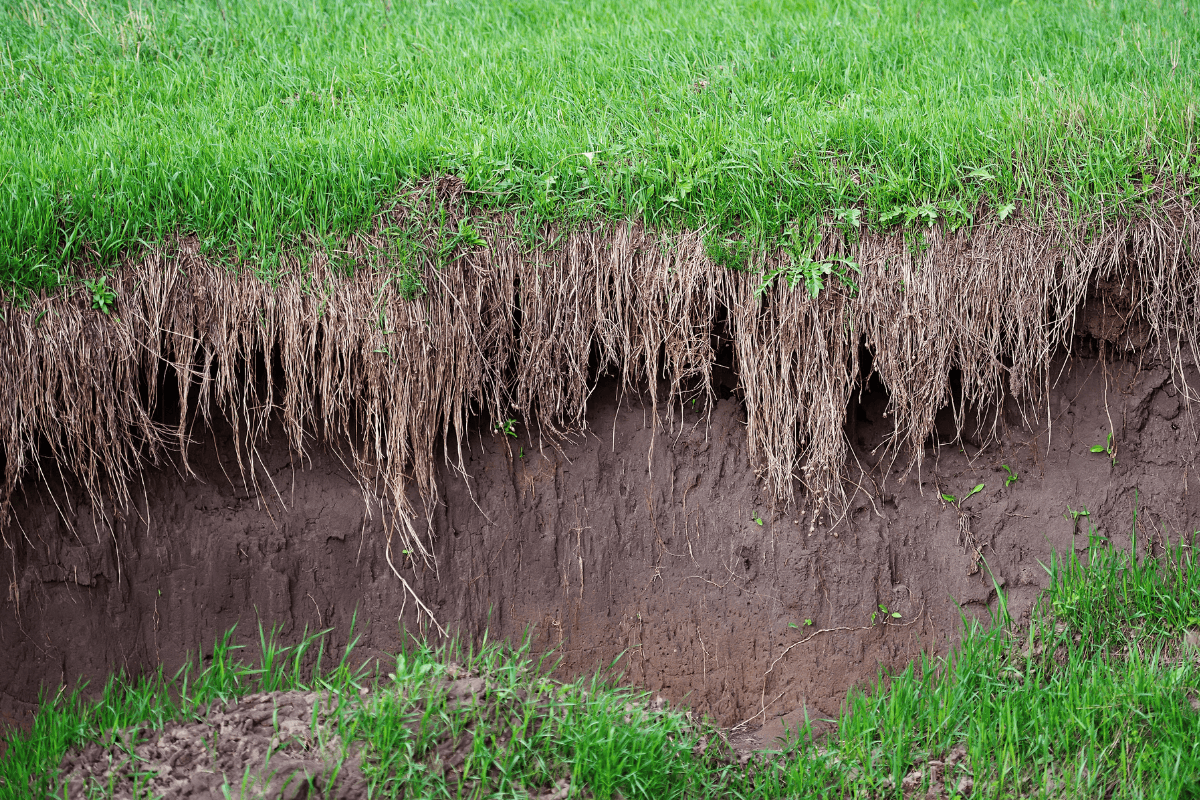
Summer storms, particularly in areas prone to heavy rainfall, can lead to significant soil erosion in your garden.
This not only washes away the topsoil but also leaches away vital nutrients that your plants need to grow and thrive. It can also lead to poor soil structure and compaction.
Solution
Implementing ground cover plants and mulching can help prevent soil erosion.
For sloped gardens, consider terracing or creating raised beds to control runoff and improve water absorption.
Read up on ground covers here: How Fast Do Ground Cover Plants Grow?
6. Nutrient Loss
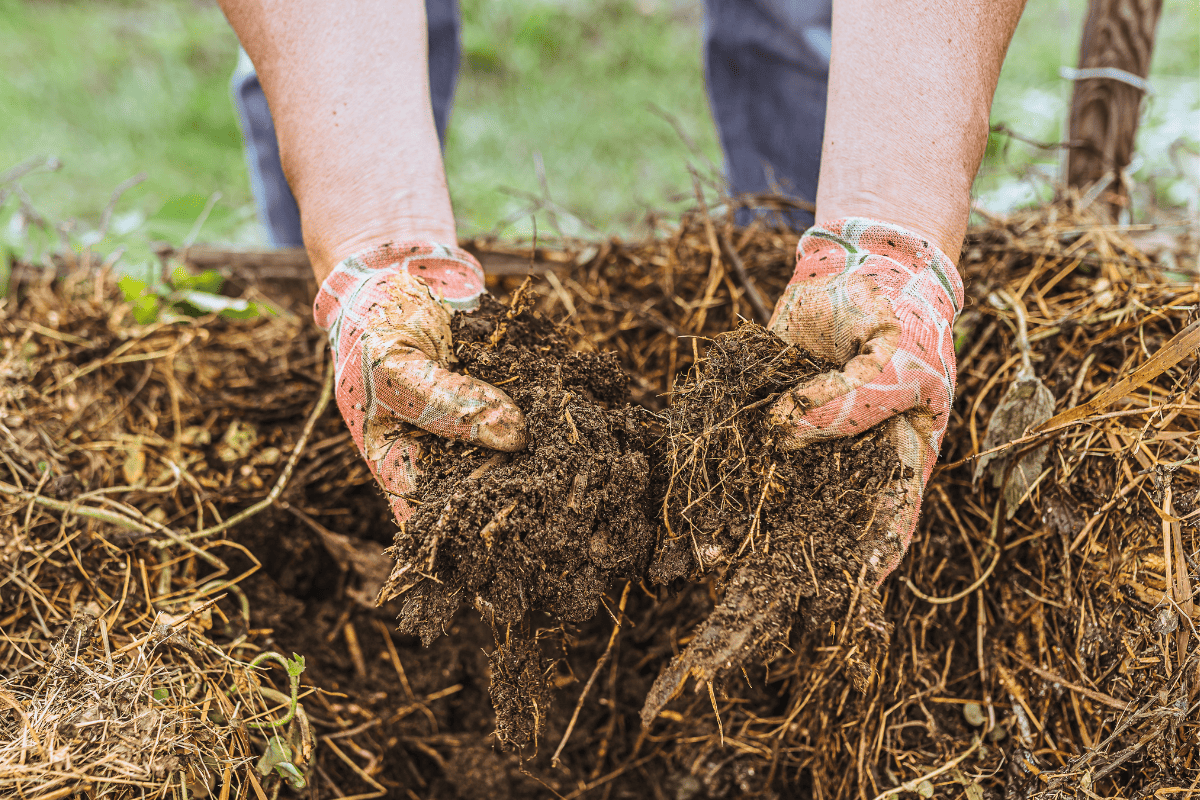
The combination of high heat and heavy rains can cause nutrients to be leached away from the soil more quickly than during cooler months.
Essential nutrients such as nitrogen, potassium, and phosphorus, which are crucial for plant growth, can be washed out of the root zone, leaving plants nutrient-deficient.
Solution
Regularly test your soil's nutrient levels to identify nutrient deficiencies in your garden. Amend as needed. Using compost can also help replenish soil nutrients.
Grow your knowledge on compost: How To Compost Garden Waste At Home [3 Foolproof Techniques]
7. Sunburn on Fruits
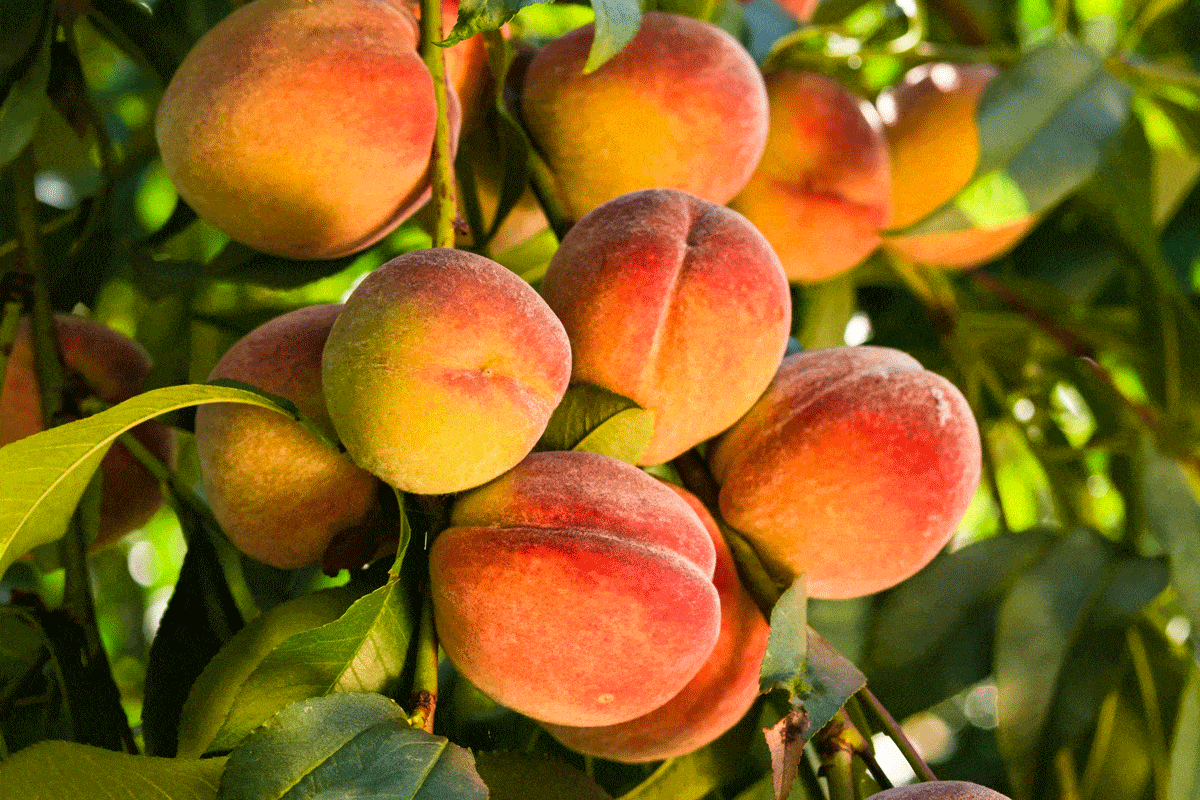
Direct, intense sun can lead to sunburn on fruits, causing them to harden and darken, a condition known as sunscald.
This not only affects the aesthetic appeal of the fruit but also its taste and texture, and in severe cases, it may even render the fruit inedible.
Solution
Use garden fabric or netting to shade the fruits during the hottest part of the day, or plant strategically so taller plants provide some shade to those below.
In Closing
With the solutions provided, we hope you feel empowered to conquer these summer challenges and continue to nurture your garden into the flourishing, blooming haven it deserves to be.
Let us know in the comment section below if you have discovered any of your own special solutions to summer gardening challenges.
